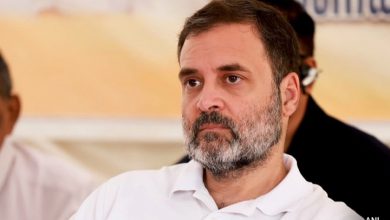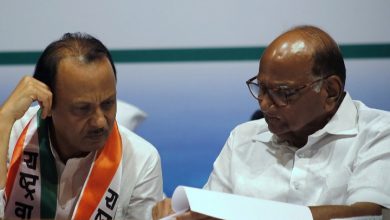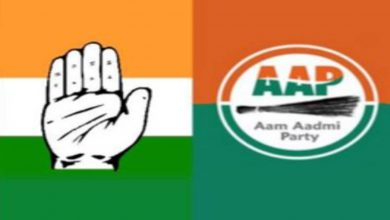Address regional issues: Doval tells BRICS security heads amid Sikkim standoff

BRICS countries should take the lead role in countering global terrorism and address also regional issues, national security adviser Ajit Doval said on Friday, as security heads of the five-nation grouping met in the backdrop of a military standoff between India and China.
The crisis was sparked off in May after India send in troops to the Donglang area – also called Doklam –which China claims is its territory. Bhutan too claims the area. China has insisted on withdrawal of Indian troops for starting talks to defuse tensions.
While standoffs between the neighbours – which share a nearly 3,500 km border – are not uncommon, the Sikkim face-off is one of the longest in recent times.
In his opening remarks, Doval stressed on BRICS countries’ stand on counter-terrorism and the importance of discussing security-related issues among the five members.
“BRICS has grown in global significance over the years. It is natural we should hold a BRICS forum to discuss security issues that impact global peace and stability,” he told his counterparts from Brazil, Russia, China and South Africa at the seventh such summit.
Doval’s bilateral meeting with state councilor Yang Jiechi in Beijing on Thursday was closely tracked but whether their conversation begun a resolution, or at least an easing, of the standoff remains to be seen.
Later on the Friday, he and the other NSAs will call on President Xi Jinping at the Great Hall of the People.
A brief statement on Thursday’s meeting between Doval and Yang, put out by the official news agency Xinhua indicated that the standoff was indeed discussed.
“Chinese state councillor Yang Jiechi Thursday met separately with senior security representatives from South Africa, Brazil and India,” the statement said.
“Yang also separately exchanged views with the three senior representatives on bilateral relations, international and regional issues and multilateral affairs, and set forth China’s position on bilateral issues and major problems,” it added.
Chinese experts have given enough indications that Doval-Yang talks will not yield any result if India doesn’t withdraw its troops.
“Once the Indian army pulls out, the tension will be quickly reduced. This time, China and its top leaders feel humiliated badly by India’s adventurism and invasion,” said Hu Shisheng, director of the Institute of South and Southeast Asian and Oceanian Studies at the China Institutes of Contemporary International Relations,
“How can China withdraw? It (the standoff) is in Chinese territory according to the 1890 treaty (signed between China’s Qing dynasty and British India),” Hu said.
Jin Canrong, associate dean of the Department of International Studies at the Renmin University of China, described India’s act as “blackmail”.
“India’s behaviour is like blackmail to some extent as it knows China will hold the 19th National Congress of the Communist Party of China, which is a key political event,” Jin told the nationalistic Global Times.
The NSAs’ meeting will be followed by the 2017 BRICS Summit in Xiamen city from September 3 to 5. Prime Minister Narendra Modi is scheduled to attend the meeting.
The BRICS countries are home to 42 per cent of the world’s population. Their total share in the global economy has risen from 12 per cent to 23 per cent in the past decade, while contributing more than half of global growth.







